I was thinking to name this post „giants & dwarfs“, because this is what came to my mind first. But as I try to be clear in what I intend to say, I decided to leave it at „infrastructure“. This is what this post is about. Some thoughts follow below.
Thinking big
China is a really big country, no, not big, not really big, but the really-really huge type of big. And the Chinese have obviously understood that. And their ancestors had as well, far before the current generations. Take the Terracotta Army, which is an amazing monument of human craziness, built to protect the emperor after his death. We are not talking about a bunch of soldiers standing guard by the grave, no, we are talking about 8.000 men, with chariots and horses, standing in formation, ready to march and fight and conquer.
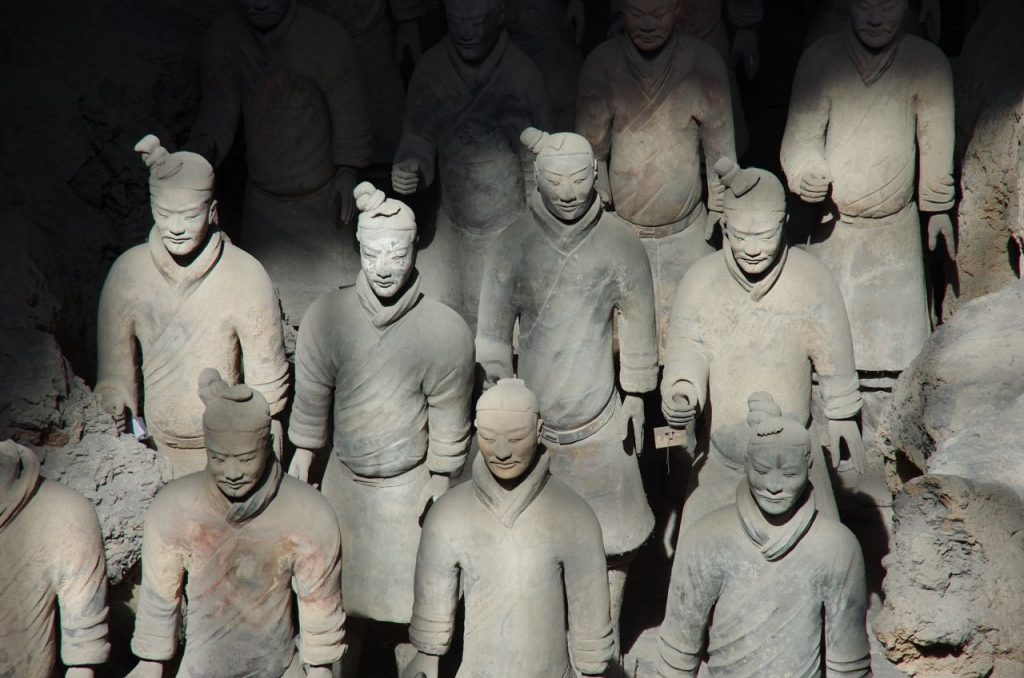
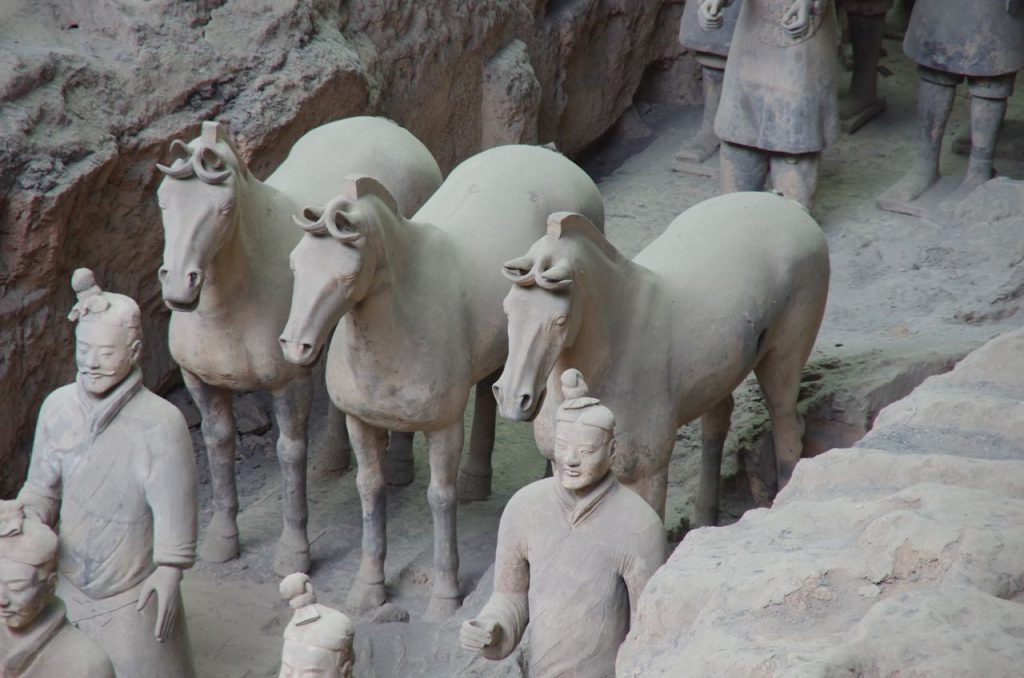
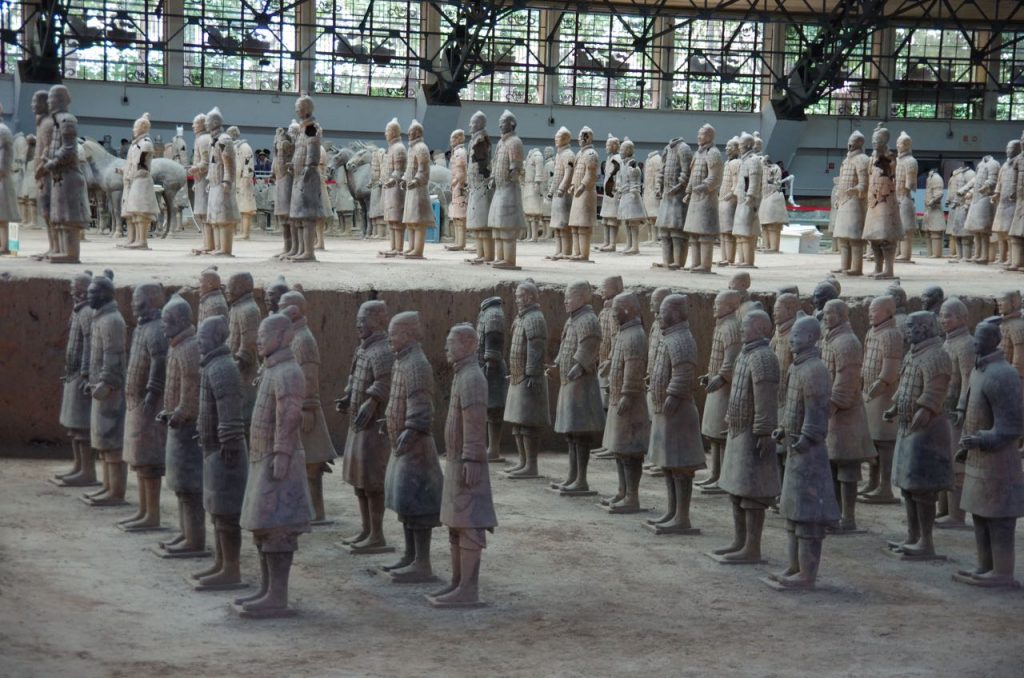
Or take the Longmen Caves, a buddhist monument of 2.300 caves carved into a limestone wall, containing 100.000 buddha statues between 2 cm and 17 m in height. One kilometer of buddhist overkill – nowadays a Unesco World Heritage Site.
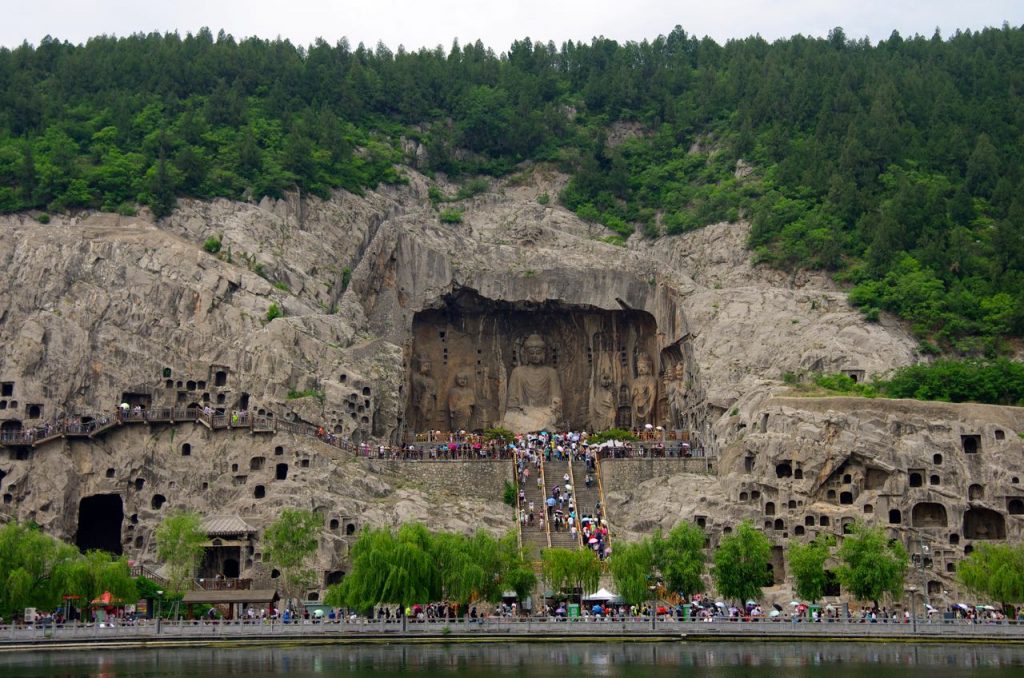
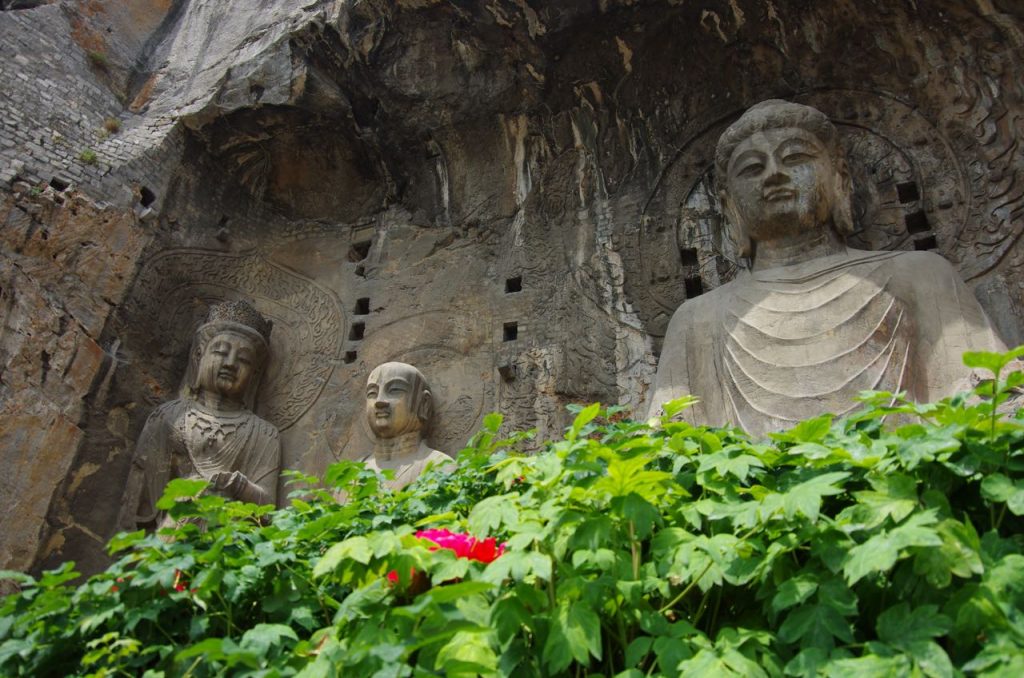
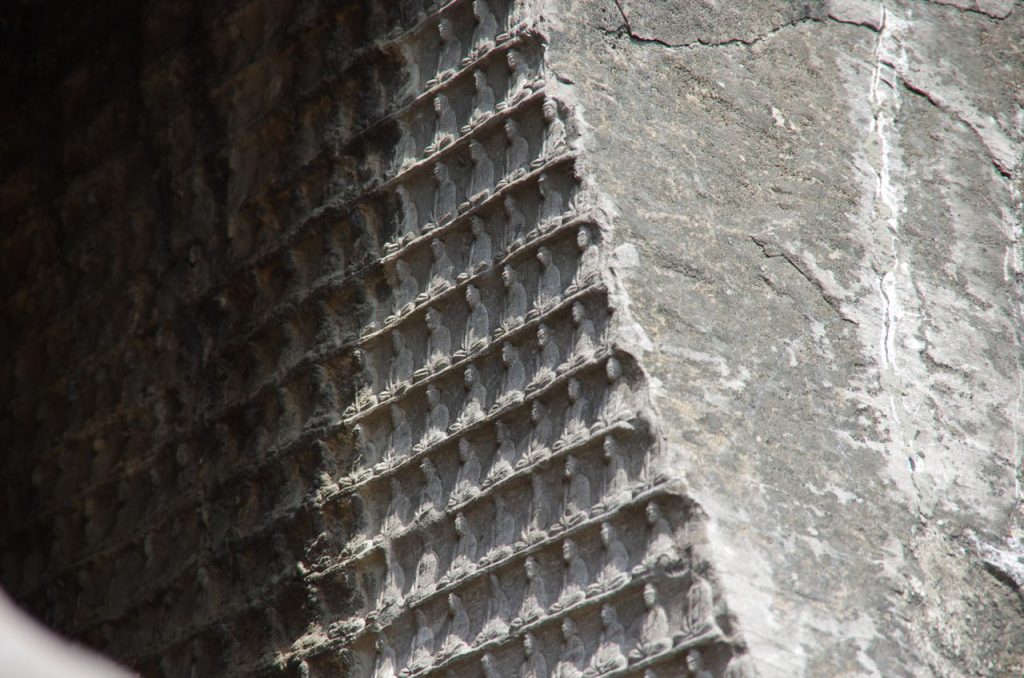
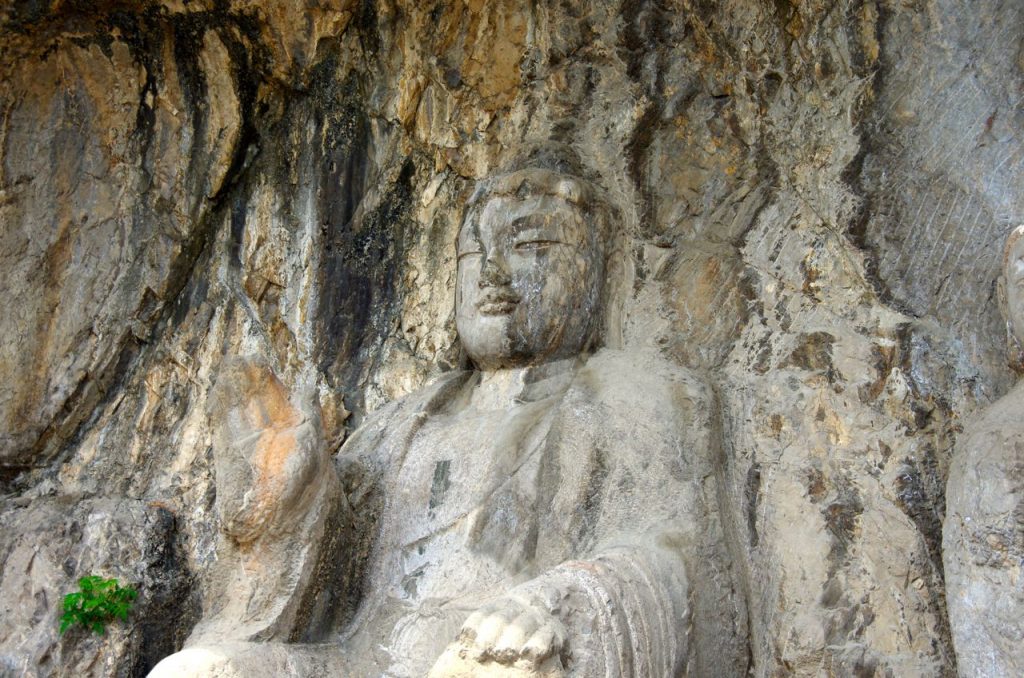
Seeing those places made me think about the Why. The only answer I could come up with was „Because I want it, full stop“. There is no logical explanation I can come up with which leads to works of art in this monumental dimensions. Those guys just thought big.
Today’s Chinese build monuments as well, they build for a monumental future. Take the high-rise appartment blocks, for instance. China has construction sites planned for 400 buildings, each 30-32 storeys high, each storey with 3-4 appartments build for families of 3-8 people. This means housing for approximately 240.000 people – which is nearly half the size of Frankfurt… You get the picture.
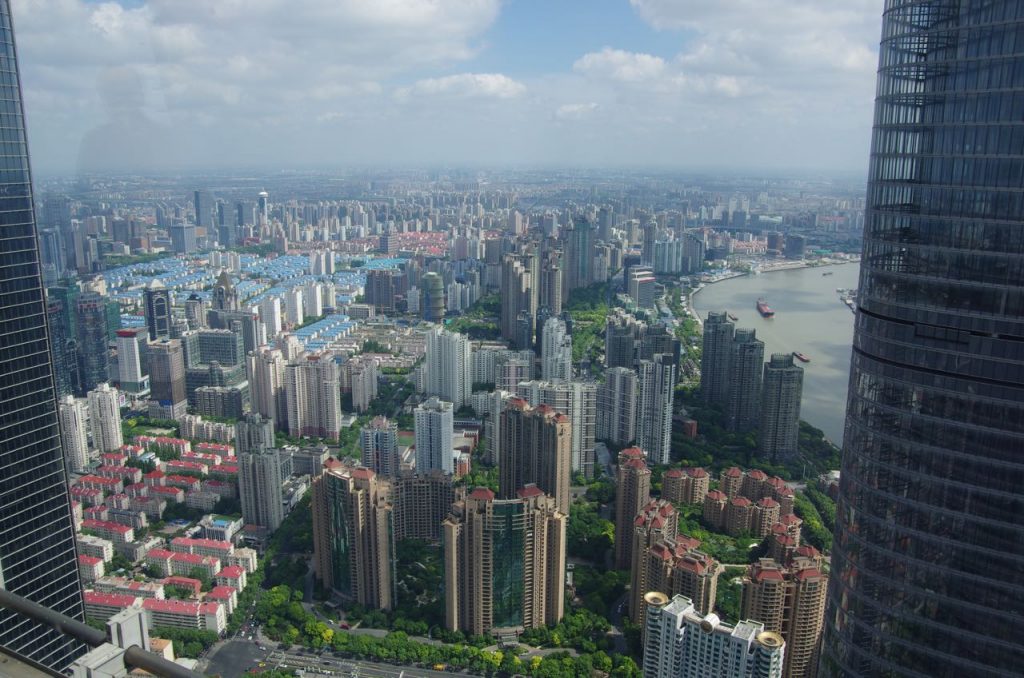
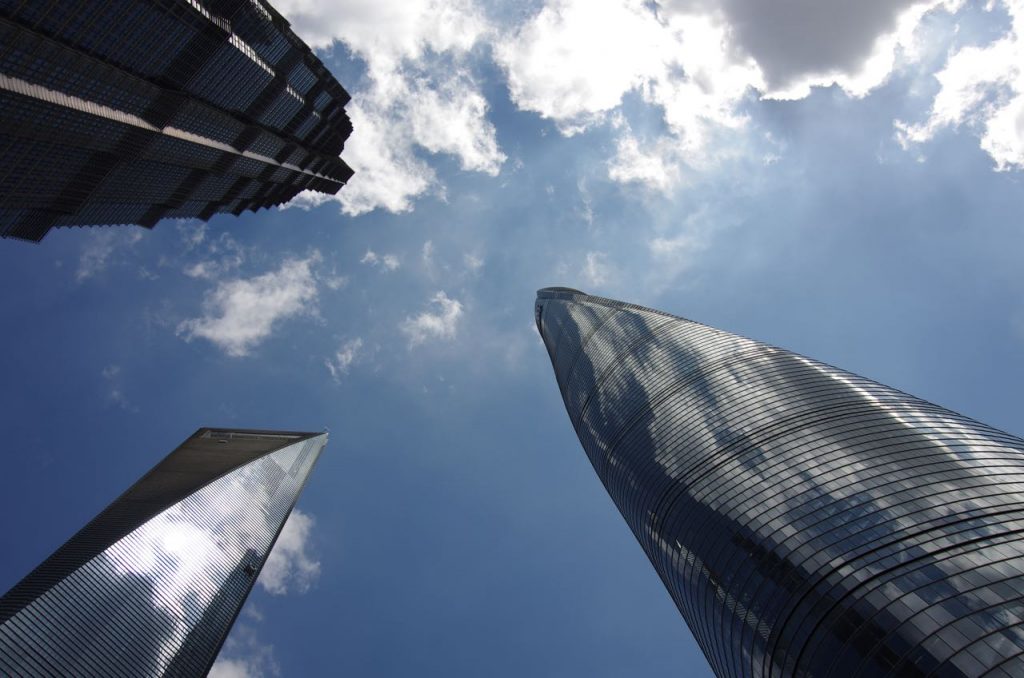
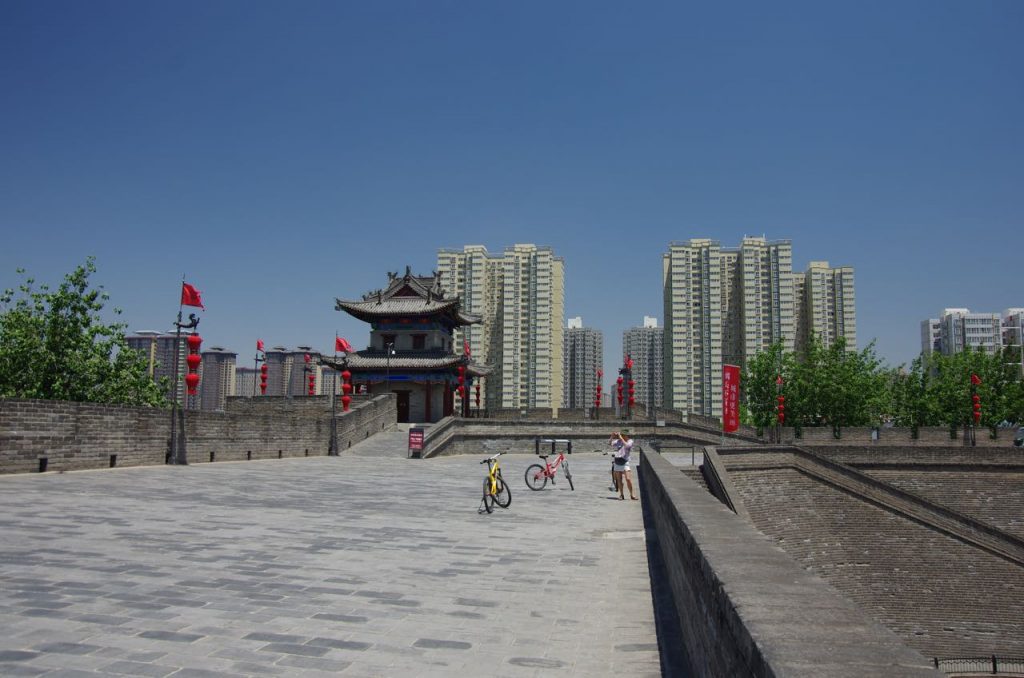
Thinking too big – or not big enough
Another side of the story comes with real estate cost. Our guide told us that real estate cost are twice as high as Frankfurt (where you get one square meter for 6.000 Euro by now), with Chinese incomes just being one third of Frankfurt’s. And when you purchase an appartment in one of the high-rises, you don’t even own it, but you get a contract for 99 years of use. That seems odd. What happens after the 99 years are over, do your grandchildren inherit anything at all? And here comes the trick. The buildings are planned for a life span of 40 years only, hence after 99 years, your grand children would inherit a useless hulk anyway.
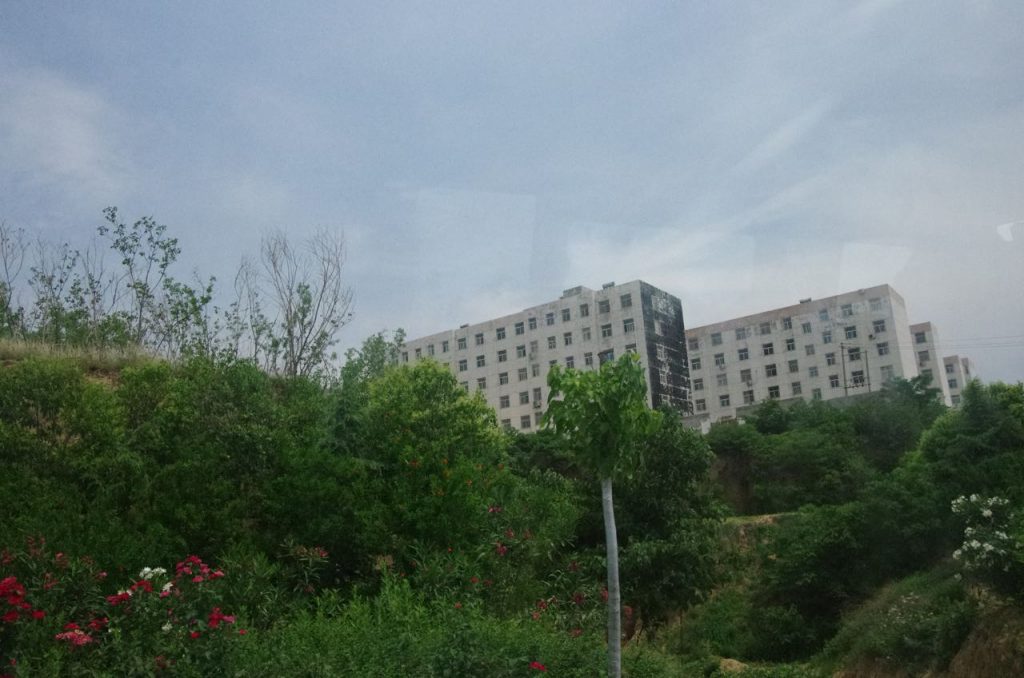
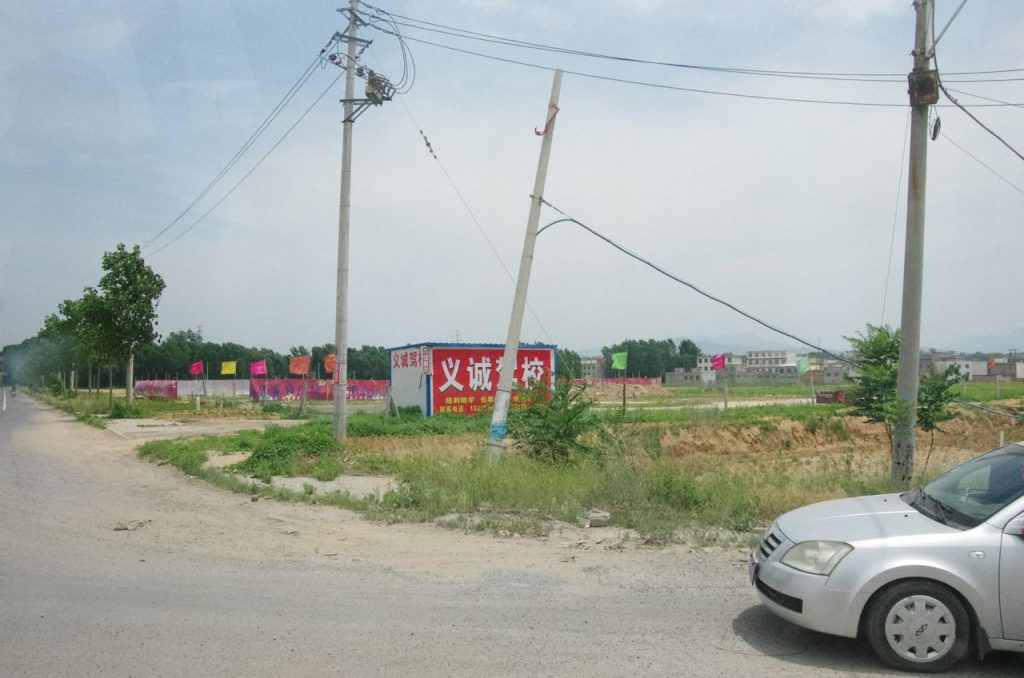
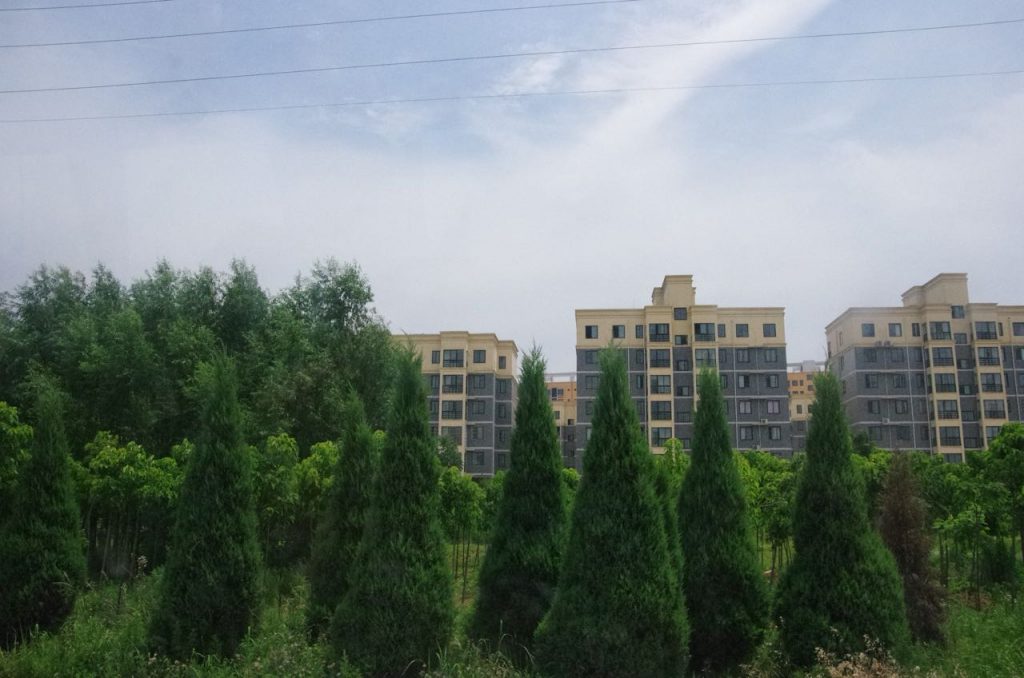
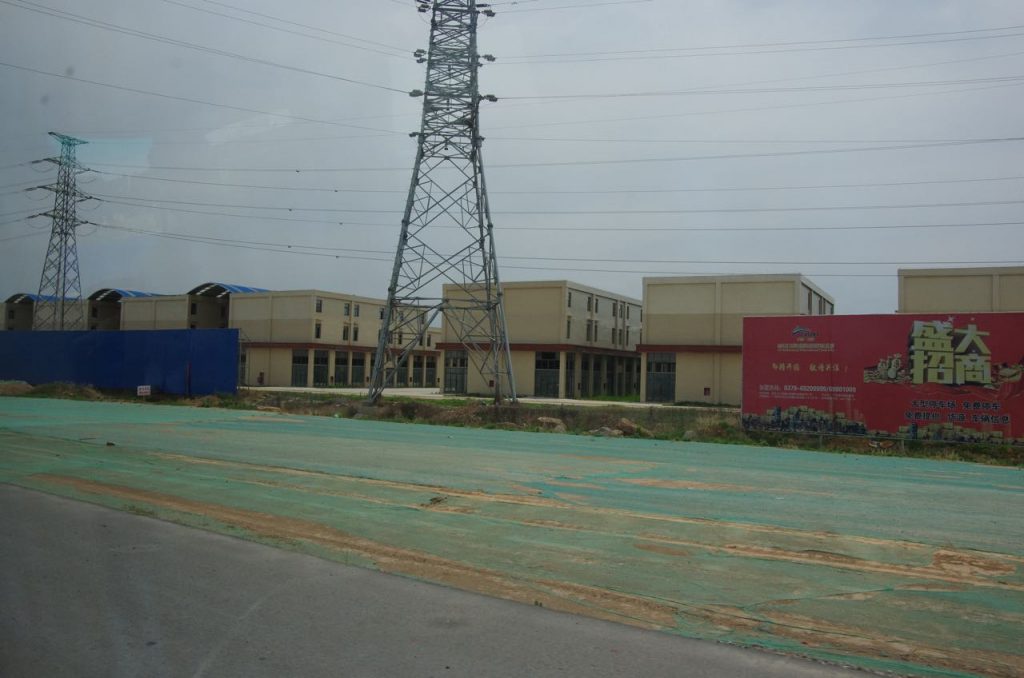
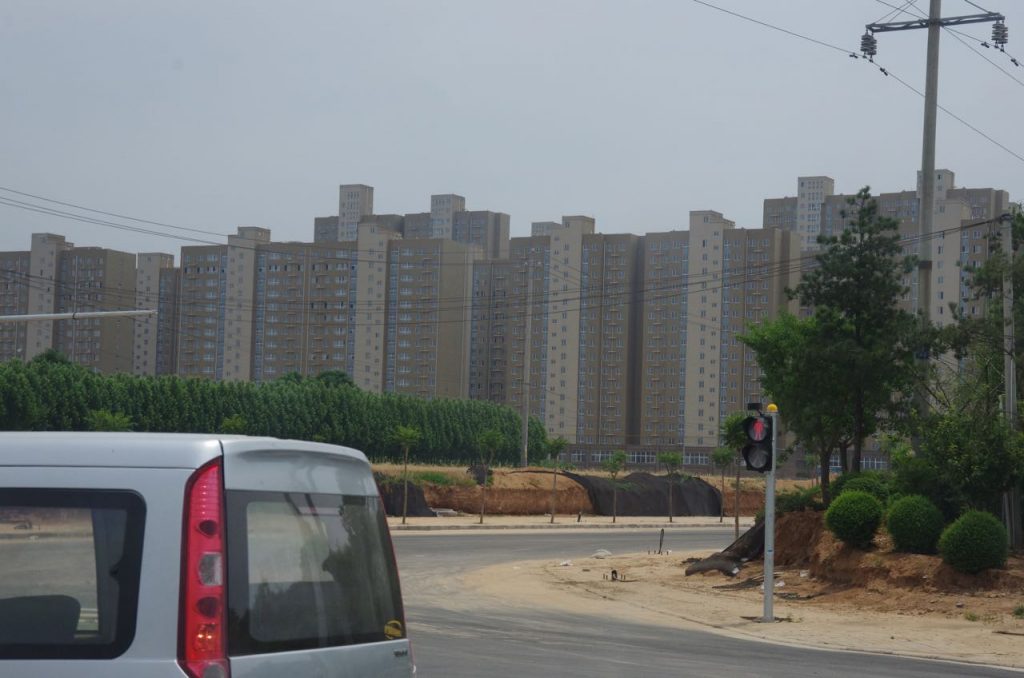
While China is investing like hell in new infrastructure, they have a serious maintenance problem. Gigantic ruins, abandoned buildings, rusty equipment, empty windows wherever you go – outside of the boom cities and shiny investment projects. 20 years in the future, the 400 high-rises might look similar.
Energy is cheap!
Forget time square! Let alone Piccadilly Circus. Or Eiffel Tower, hahaha. Or Frankfurt Zeil – what a dark place of nothingness. Go to Shanghai instead, take a stroll along the Bund at 9 p.m., with sky scrapers on one side, colonial buildings on the other, and a glistening amazing abundance of light inbetween and all around. Well, energy is cheap. It only cost a couple of archeological and cultural sites, 1.3 million people’s homes and some non-important significant ecological changes for the entire region when building the Three Gorges Dam across the Yangtze river.
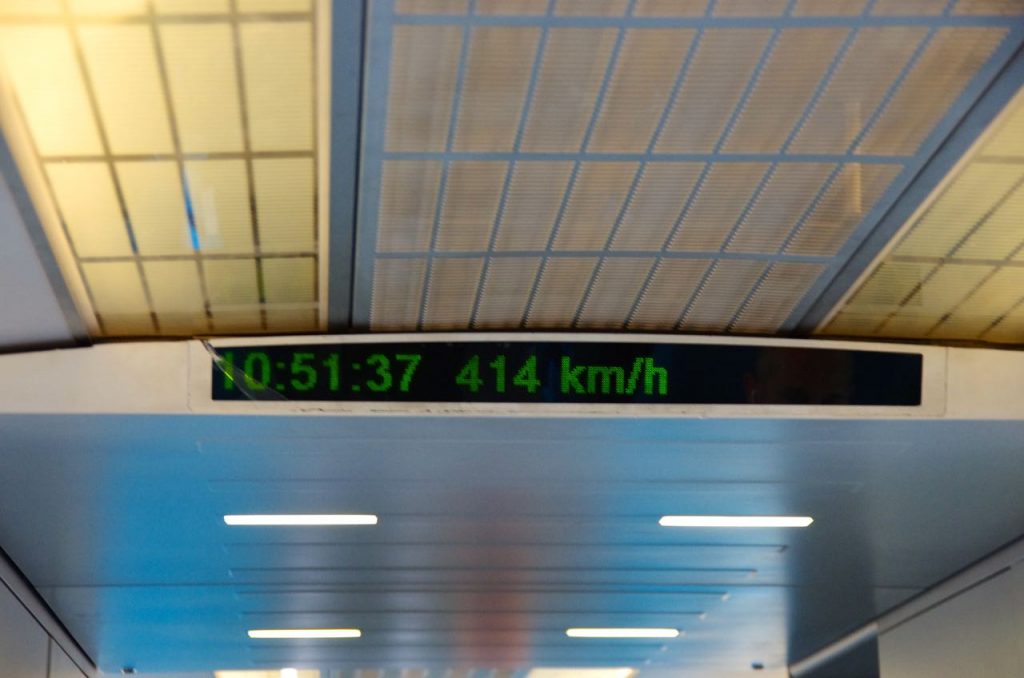
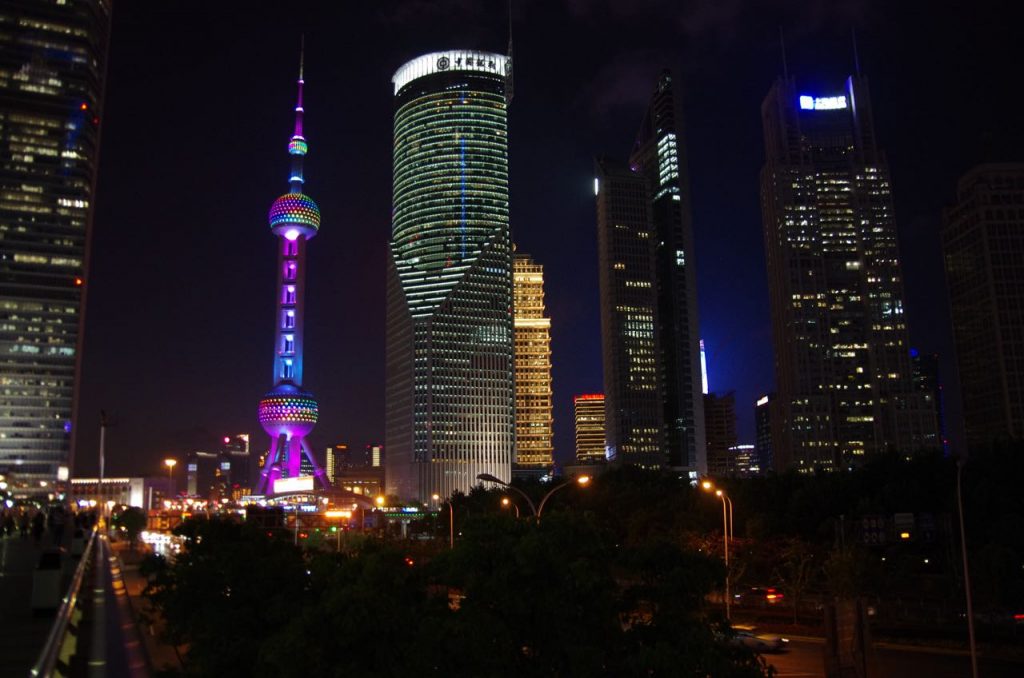

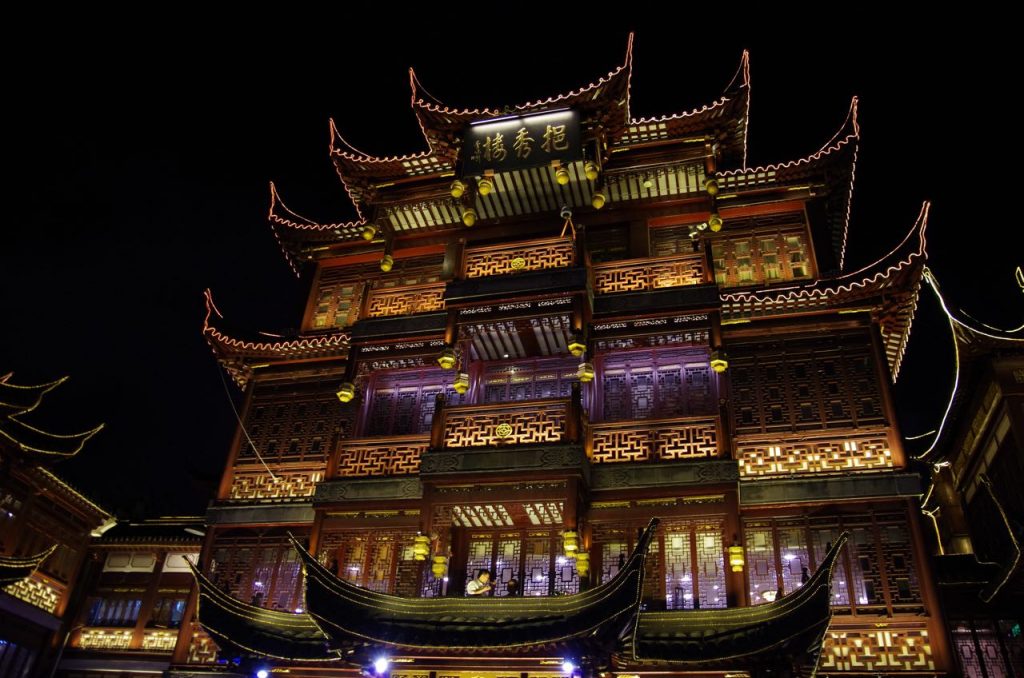
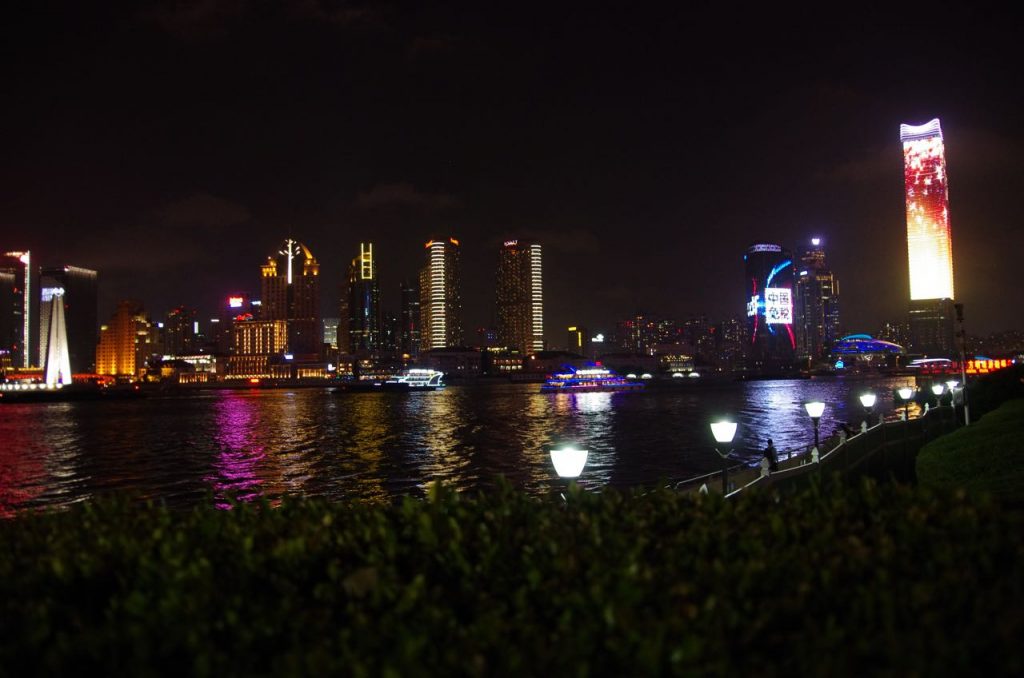
Big means big contrast also
China makes you think about how far can you stretch a population, before it breaks somewhere? The country is full of contrast, from the already discussed high rise buildings to the contorted hutongs in Beijings old town, from pagodas and temples with some thousand years of history to the massive railway stations in the middle of nowhere which are build for the prospering future ahead. From the fashion girls with swarowski covered mobile phones to the shaggy missus with the broken umbrella. From the 5-storey motorway to the dirt road. From the talking solar-powered blossom chanting prayers in the mountains to the change of guards on Tiananmen place, where grim-faced skinny boys in uniforms goose-step around as if they were stuck in the times of the Gread Leader Mao.
From what you are told to what you see yourself.
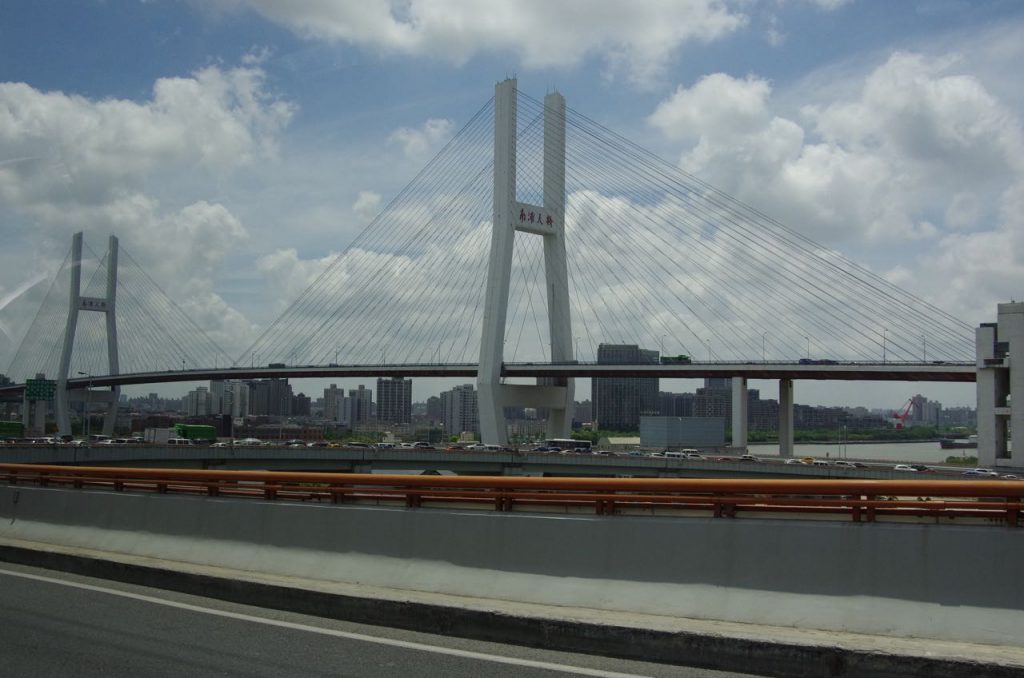
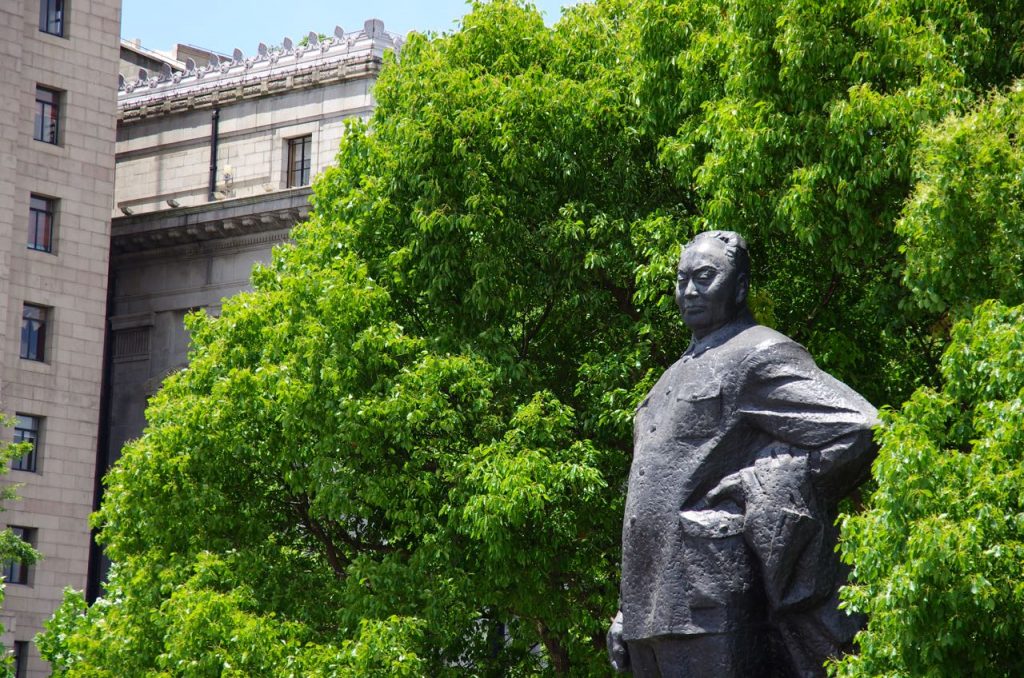

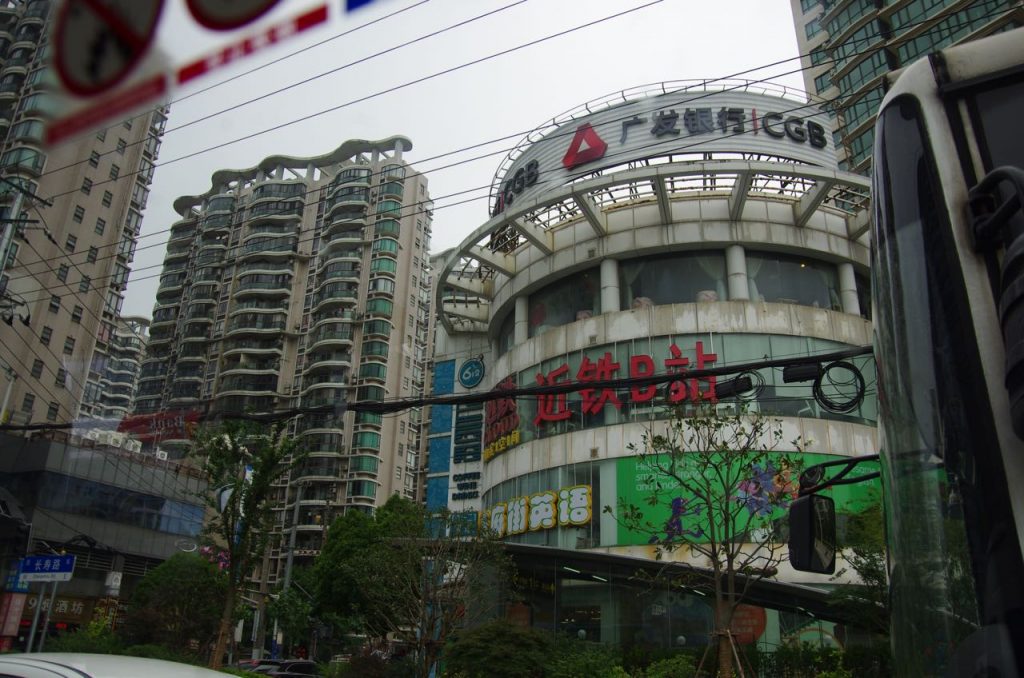

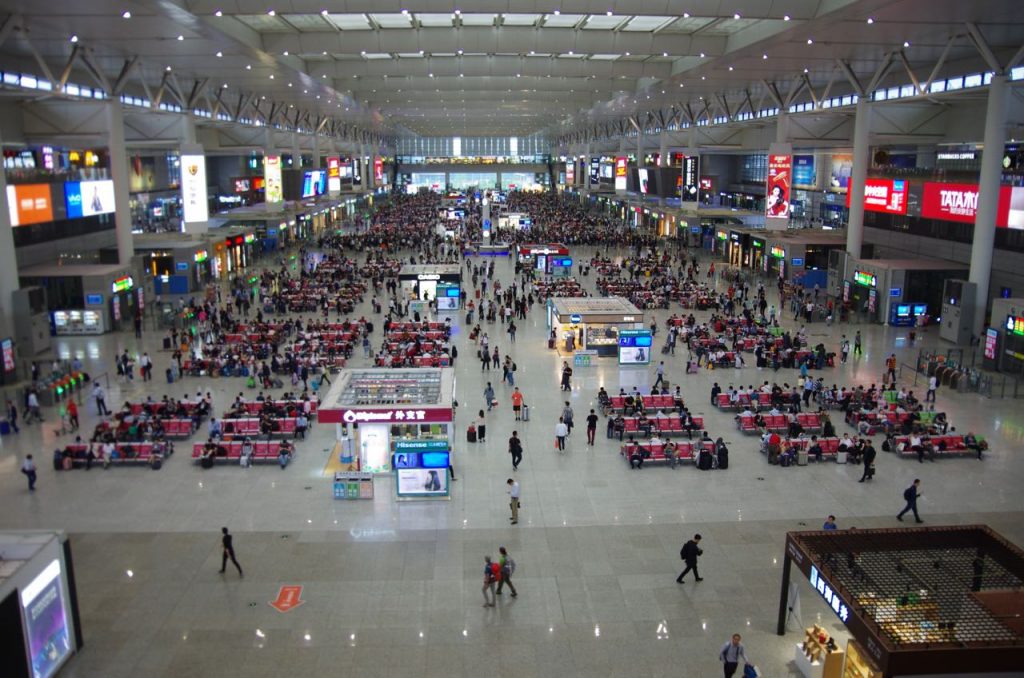
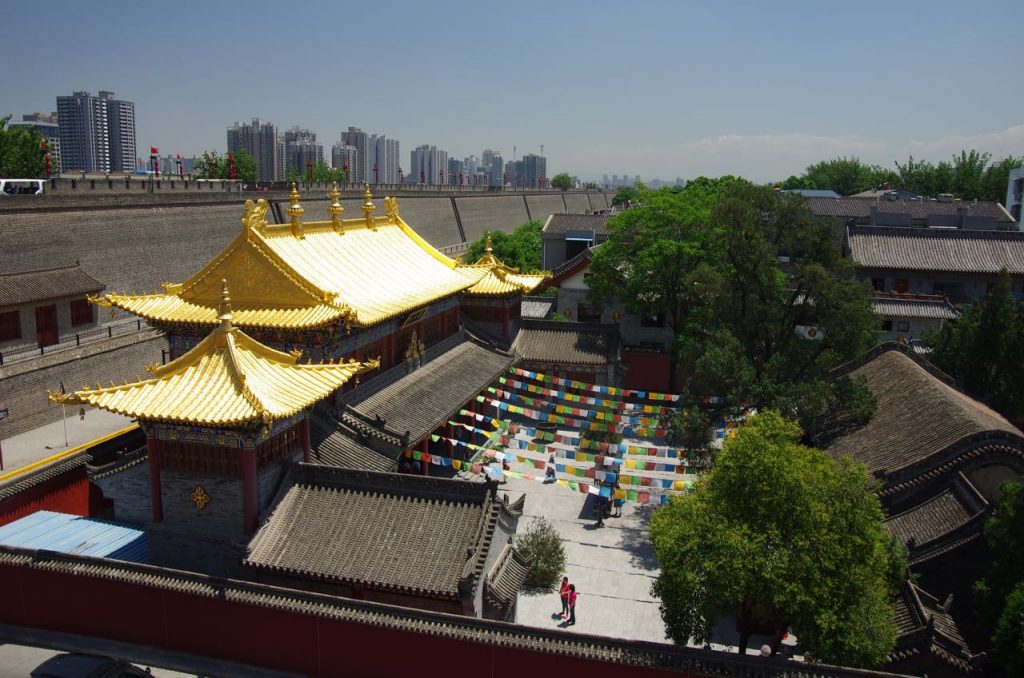
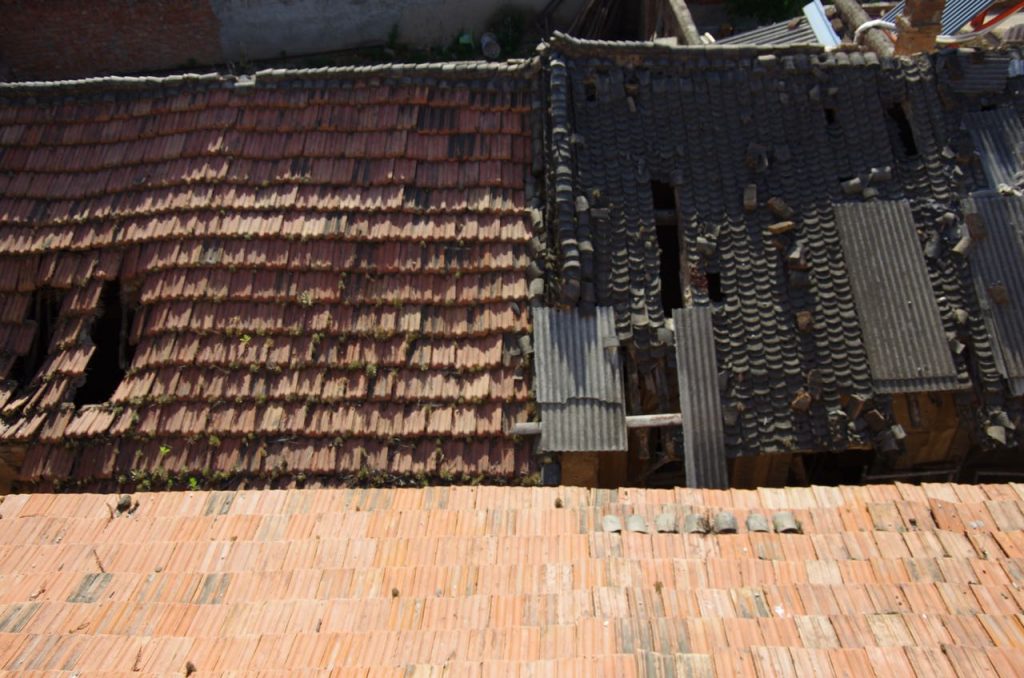

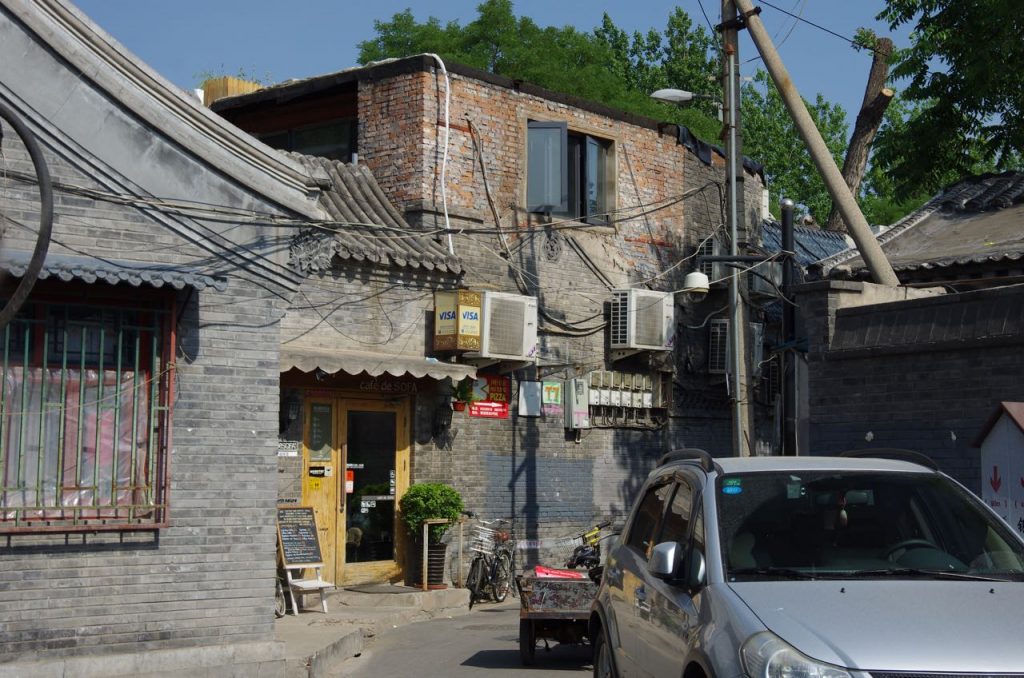
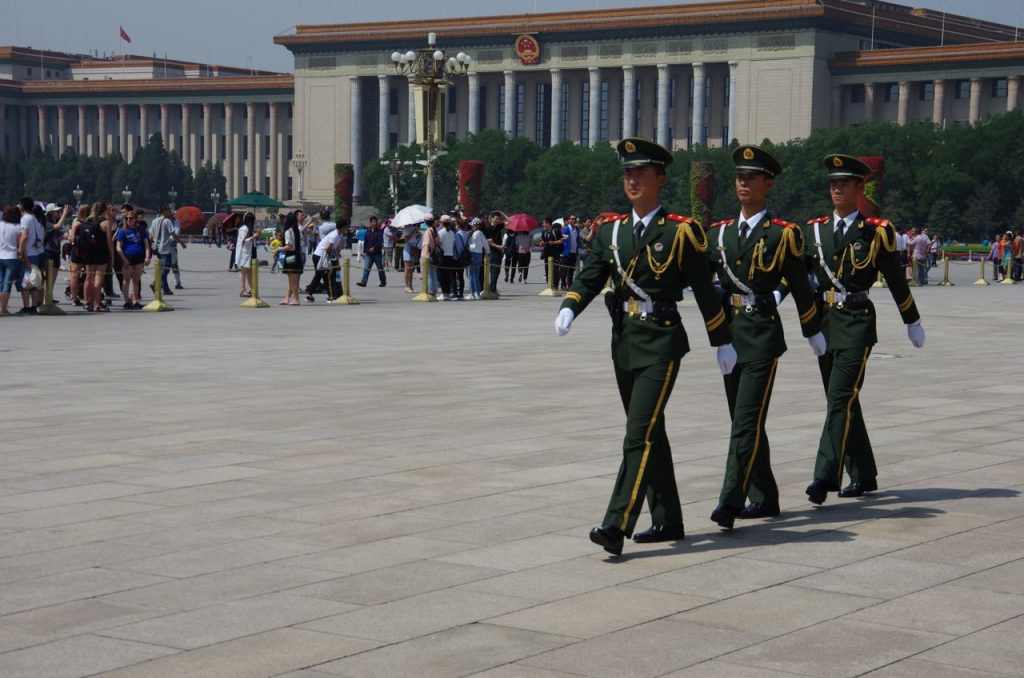
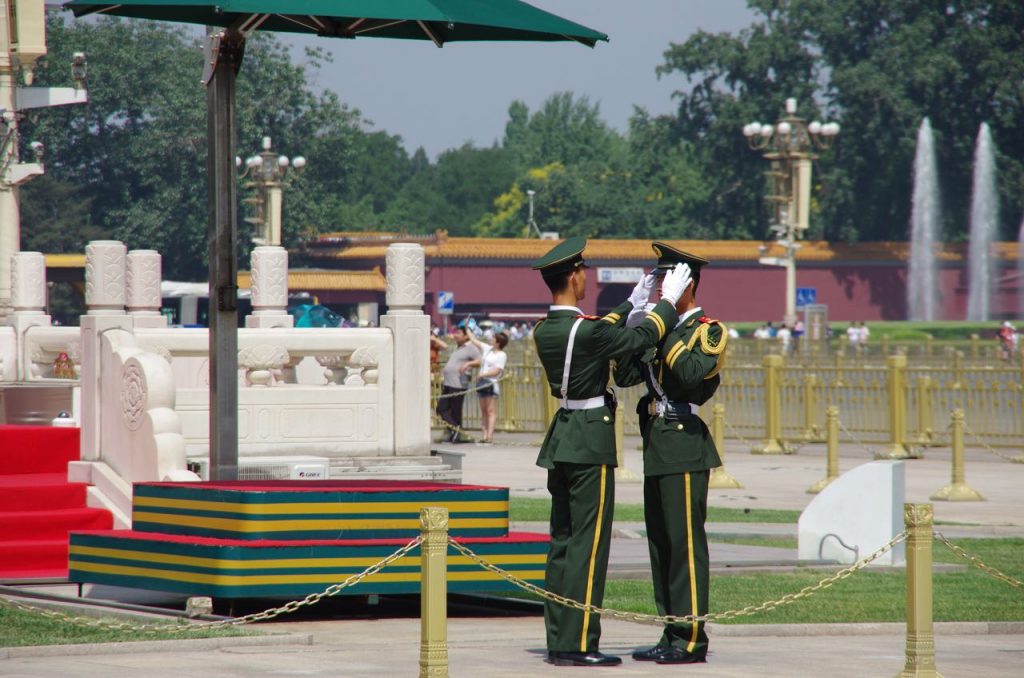
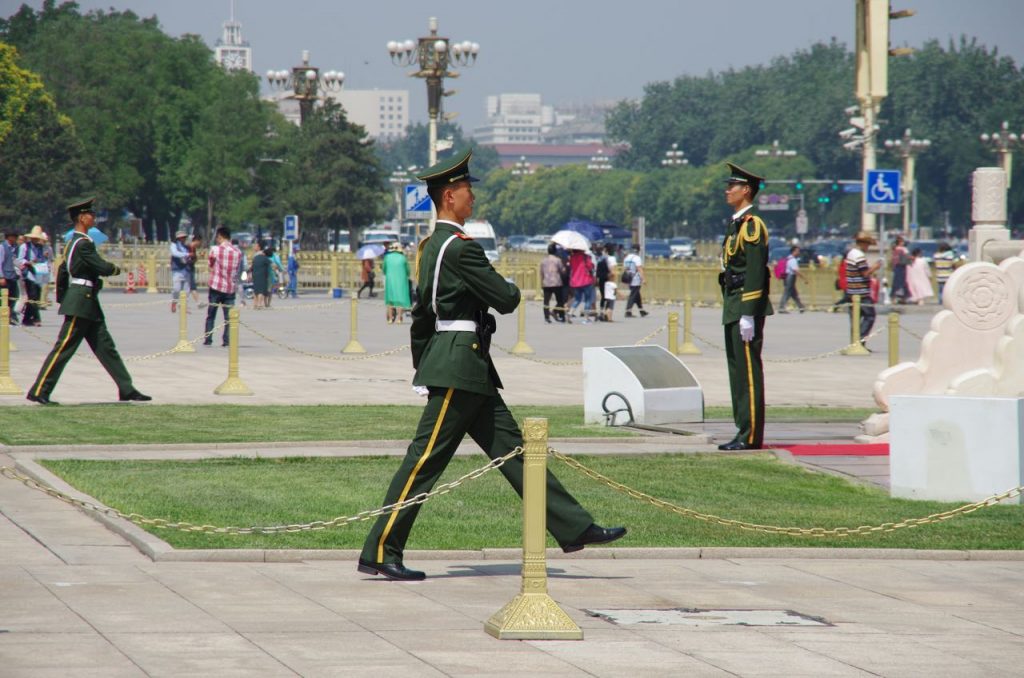
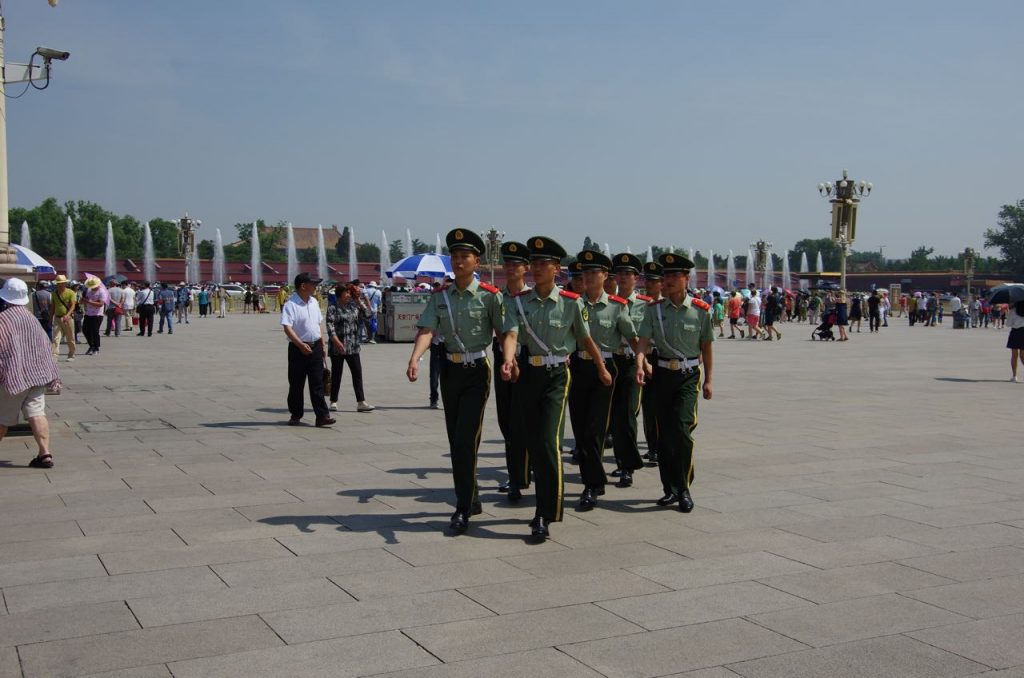
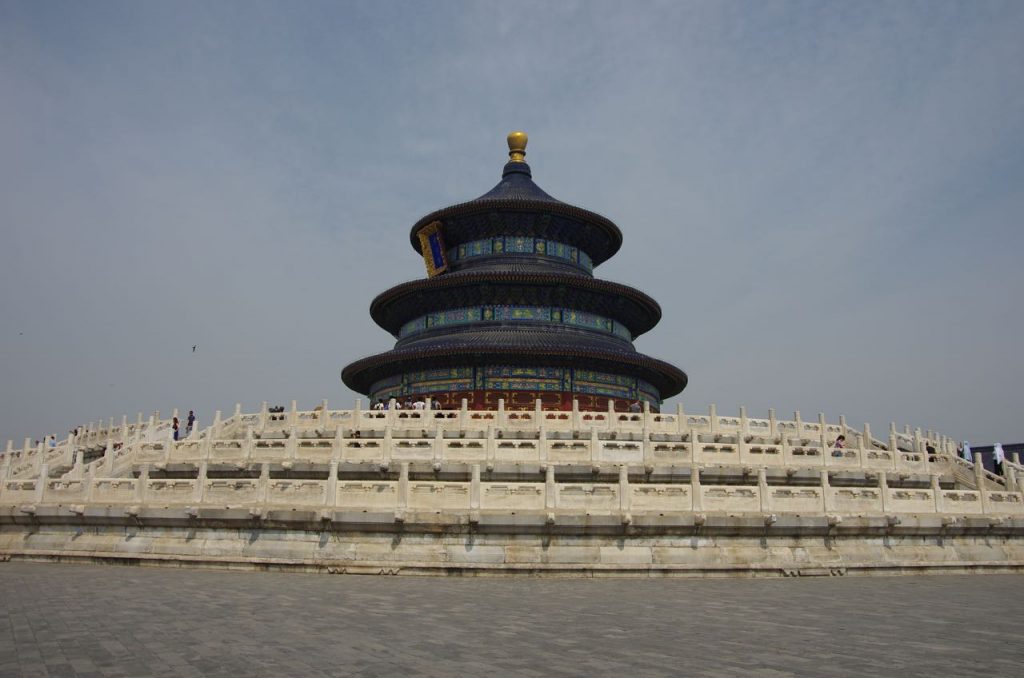
But nobody is better in walls than the Chinese
They for sure can do walls. They have always build walls. City walls and Great walls. They have even hung a cloister on a wall. If you need advice in wall-building, then go to China and learn.
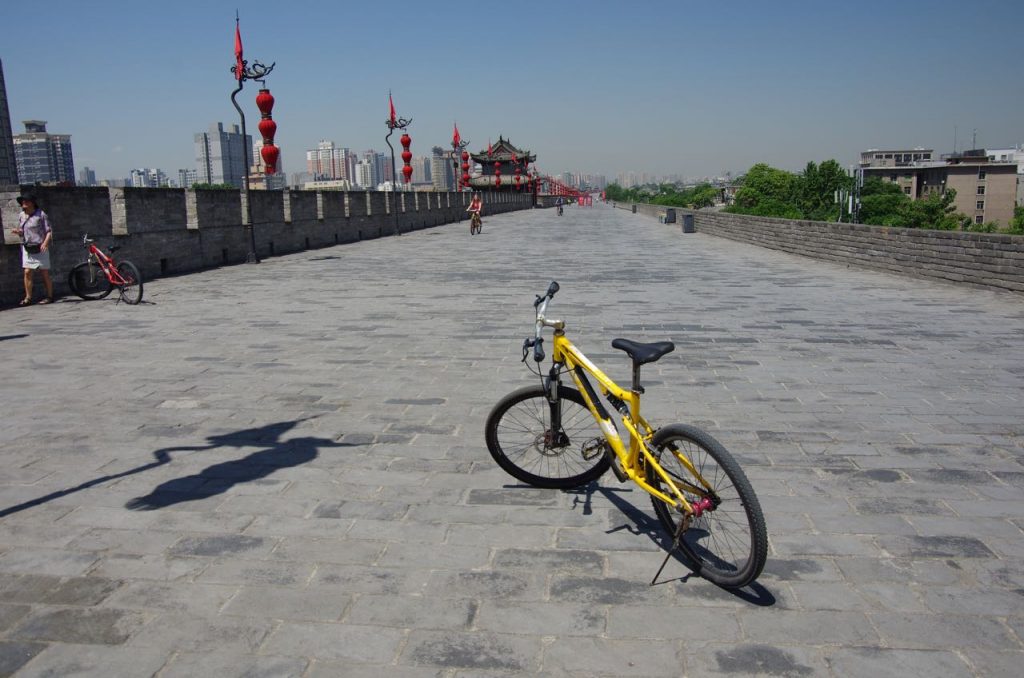
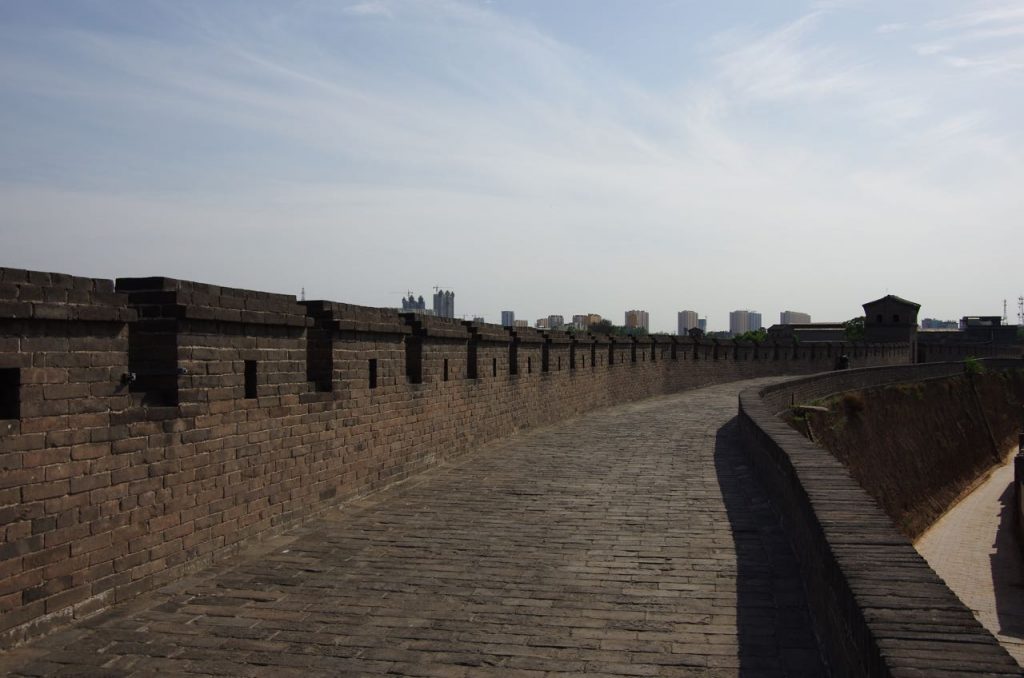
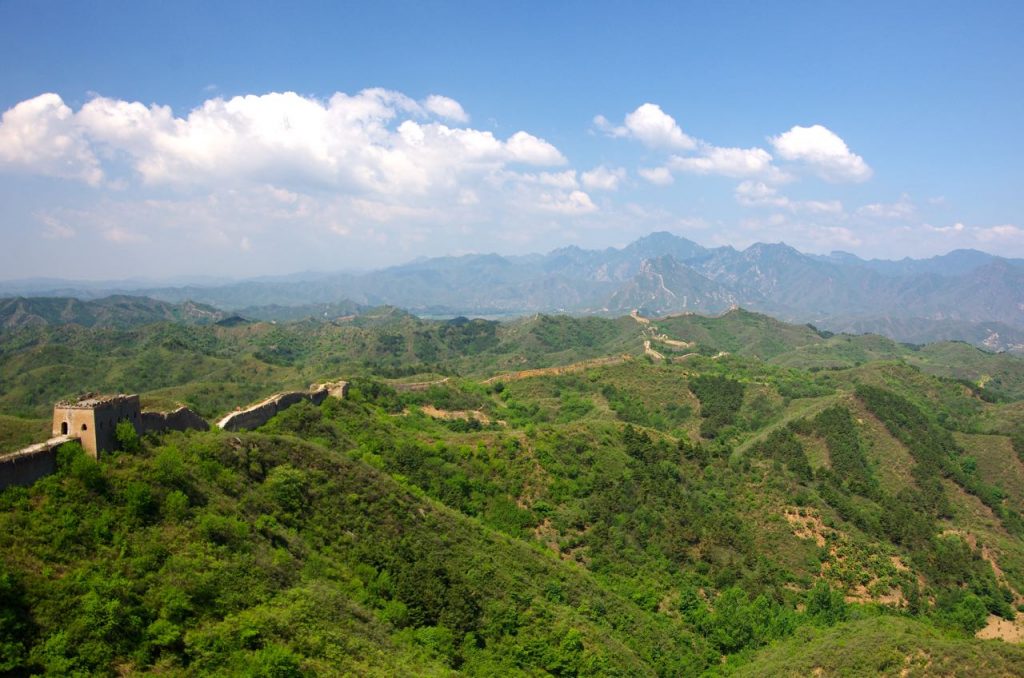
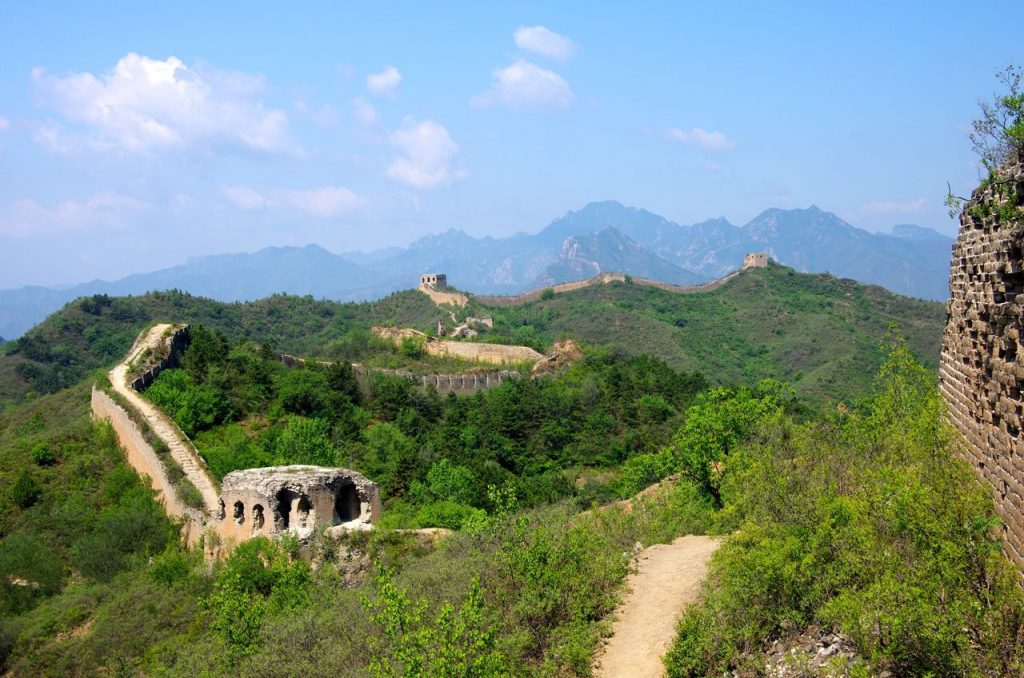
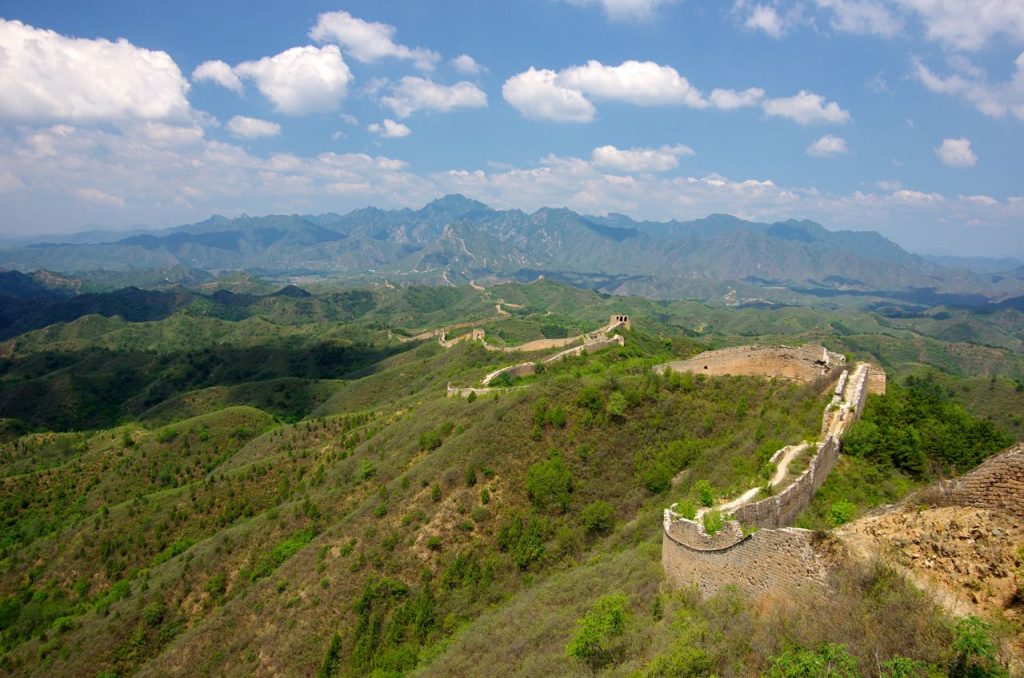
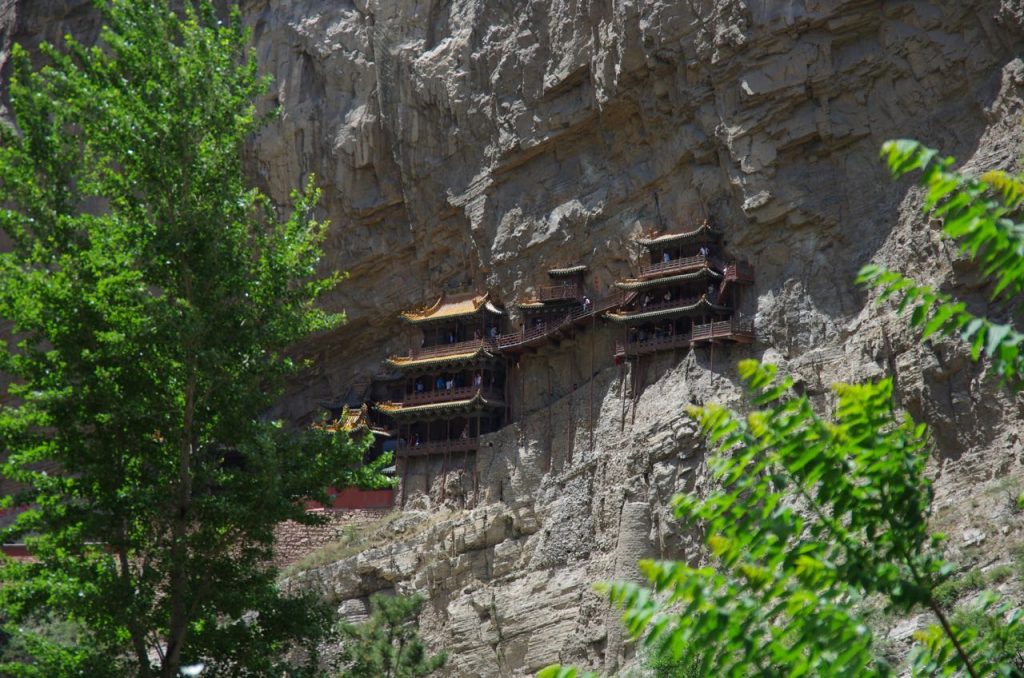
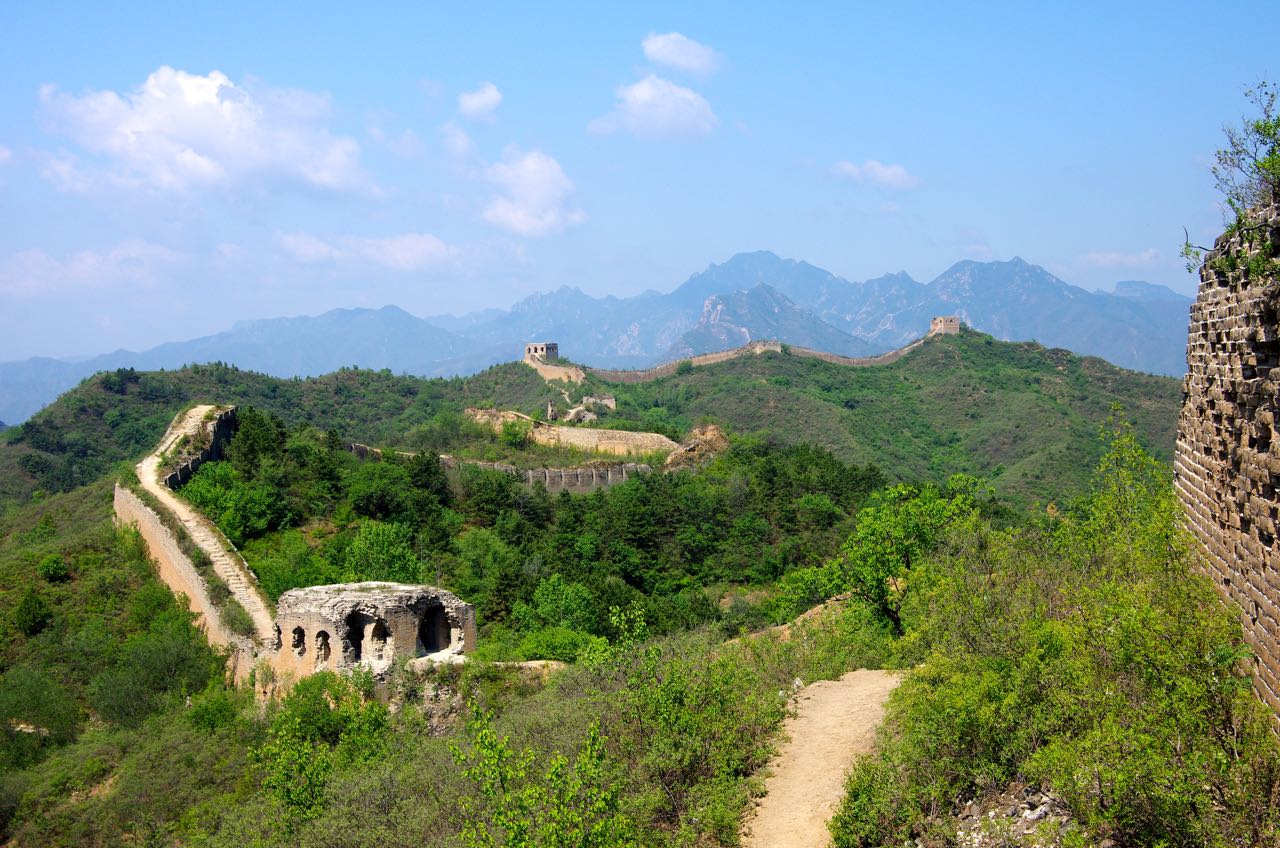
Leave a Reply